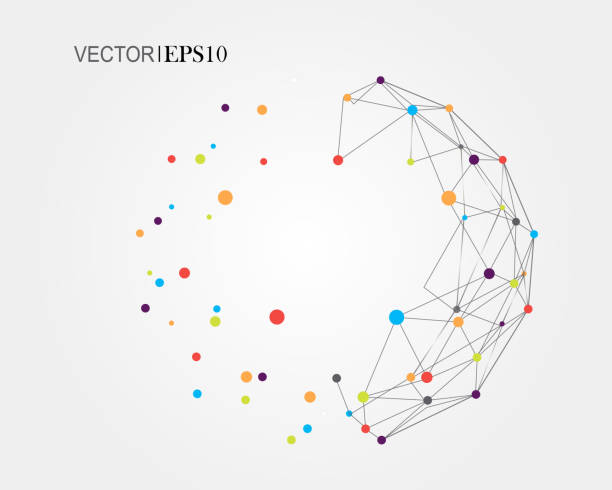High-Performance Computing (HPC) is an approach to computing. This technology uses powerful computer systems to solve large, complex problems in a reasonable amount of time. It has become crucial for scientific research, industry, finance, health, engineering and many other fields that require massive data processing. Why should you choose HPC architecture? This article presents the benefits of HPC architecture. You are therefore invited to read it in order to better understand why you should use HPC architecture.
HPC architecture makes it easier to solve complex problems
To begin with, this architecture allows users to perform very complex calculations in a relatively short time. This is because hpc servers make it easier to break down tasks into smaller chunks and execute them. In contrast to traditional computers, they speed up data processing considerably.
In fact, it is possible to solve very complex problems thanks to the high-performance computing architecture. Furthermore, HPC systems allow complex simulations, modelling, massive data analysis, weather and climate forecasting. They also enable molecular simulations, product design and market forecasts to be carried out at short notice. High Performance Computing (HPC) is the practice of harnessing computing power in a way that offers much higher horsepower than traditional computers and servers. HPC, or deep computing, is like regular computing, but more powerful. It makes it possible to process huge volumes of data at very high speeds using multiple computers and storage terminals organized in a coherent whole. High Performance Computing (HPC) is used to probe and find answers to some of the world’s biggest challenges in science, education, engineering and business.
HPC architecture saves time and maximizes productivity

High performance computing technology means that less time is spent on tasks that take days or even weeks to complete. In contrast to standard computers, HPC systems allow for a considerable reduction in data processing time. In addition, they optimize user productivity by enabling faster and more accurate data processing.
These systems provide researchers, engineers and scientists with faster results. Although expensive to install and maintain, they save time and resources because they help reduce costs. In fact, data processing costs are reduced by using optimization algorithms to maximize the use of computing resources.
HPC architecture promotes improved quality of results
HPC systems enable more accurate and higher quality results and easier collaboration. HPC systems help to achieve greater accuracy through finer data analysis, more detailed modelling and reduced human error. These systems are therefore used to facilitate collaboration between researchers, engineers and scientists. In addition, they offer the ability to share data easily and obtain results more quickly, thus promoting more effective collaboration.
High performance computing architecture enables accelerated innovation
In addition to enabling users to develop products faster and more efficiently, the HPC architecture enables faster innovation. It enables scientists and engineers to perform more accurate simulations, design and test prototypes faster. It is proven that the effectiveness of the software depends on the maintenance it receives.
Furthermore, it also facilitates more informed decision-making in business through more accurate predictive models. It is also used in science to simulate complex natural phenomena, such as protein interactions or chemical reactions.
In industry, it is used to optimize manufacturing processes and improve product quality. In the world of finance, it facilitates market analysis and trend forecasting. Finally, HPC architecture facilitates genomics research, organ and tissue modelling and drug discovery.










